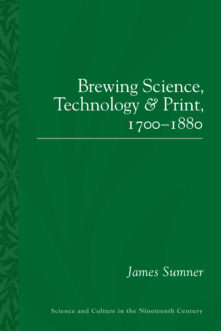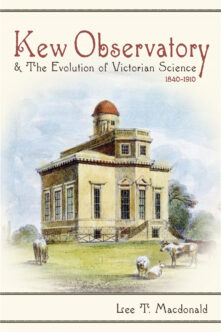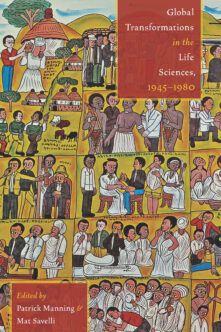Books
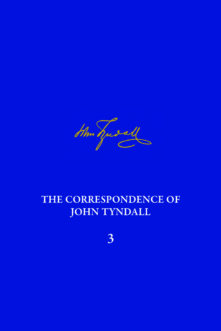
The Correspondence of John Tyndall, Volume 3
The Correspondence, January 1850–December 1852
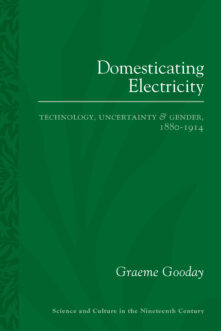
Domesticating Electricity
Technology, Uncertainty and Gender, 1880–1914
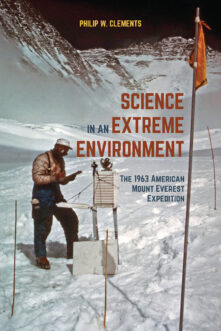
Science in an Extreme Environment
The 1963 American Mount Everest Expedition
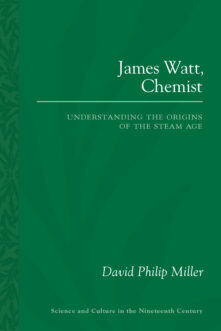
James Watt, Chemist
Understanding the Origins of the Steam Age
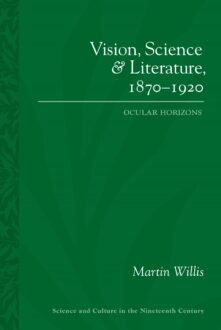
Vision, Science and Literature, 1870-1920
Ocular Horizons
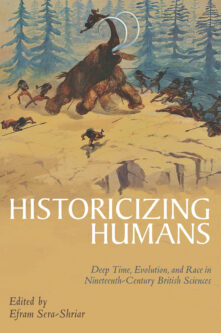
Historicizing Humans
Deep Time, Evolution, and Race in Nineteenth-Century British Sciences
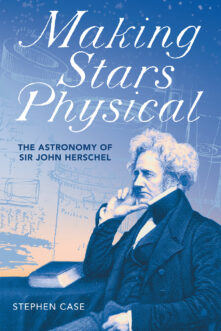
Making Stars Physical
The Astronomy of Sir John Herschel
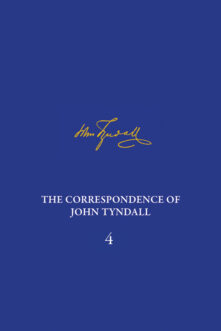
The Correspondence of John Tyndall, Volume 4
The Correspondence, January 1853–December 1854
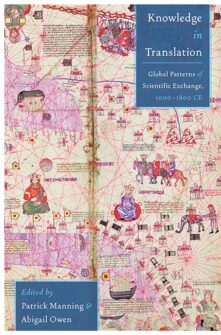
Knowledge in Translation
Global Patterns of Scientific Exchange, 1000-1800 CE
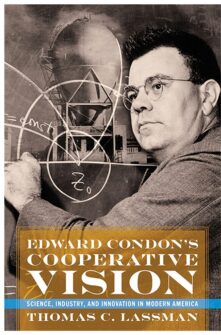
Edward Condon’s Cooperative Vision
Science, Industry, and Innovation in Modern America

The Correspondence of John Tyndall, Volume 5
The Correspondence, January 1855–October 1856
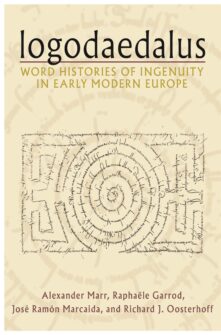
Logodaedalus
Word Histories of Ingenuity in Early Modern Europe
Total 137 results found.


